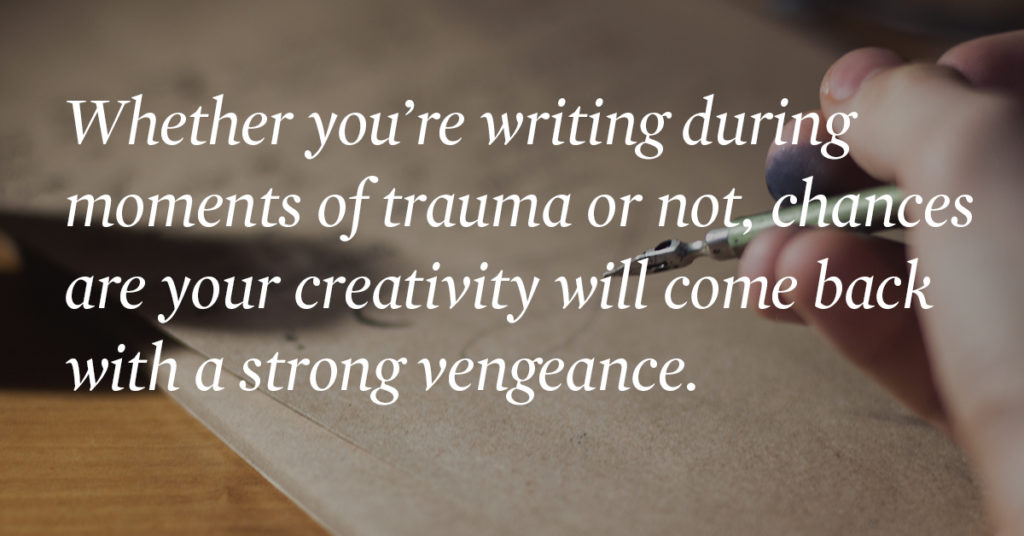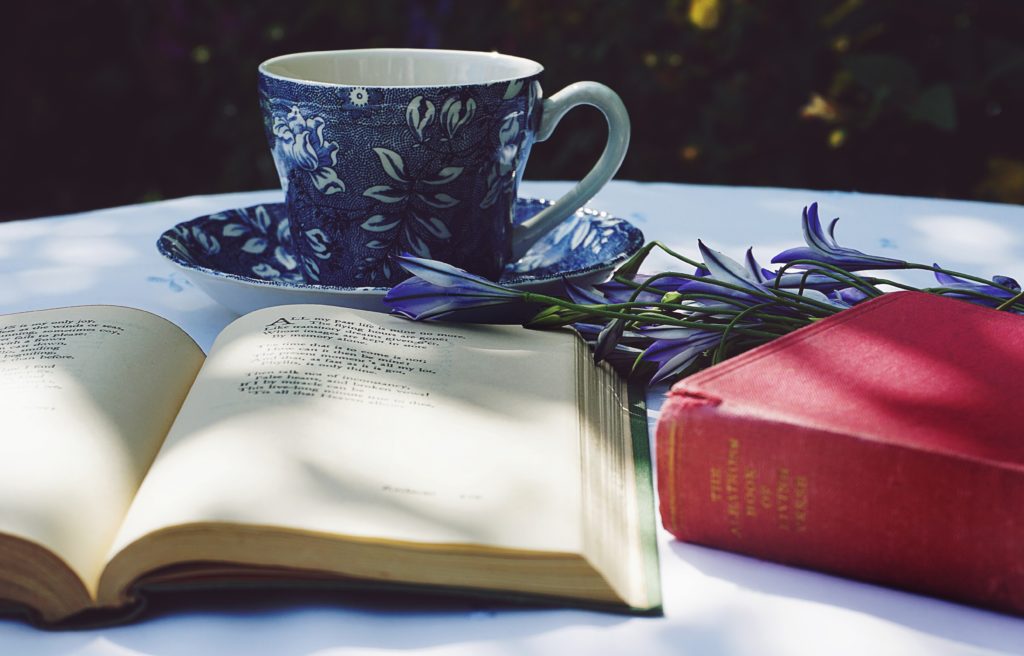Creativity In A Time Of Trauma

It seems like I’ve been working on the same couple of poems for months now. They started off promising, drafted in late February when shutdown orders had just begun and spirits were still somewhat high. But I hit a plateau around the time Tiger King stopped being a national obsession. Since then, my poems have been lingering, anguishing in limbo as the last vestiges of my creativity have disappeared.
But is it my fault my creativity is nowhere to be found? Or something more widespread, like the stress of living through a global pandemic? As every advertisement reminds us, we are living through unprecedented times.
At least, historically, we’re not alone. While it might seem like we’re the only ones who have ever felt the darkness of pervasive trauma, many generations have felt this before, and trauma can affect creativity both positively and negatively.
Edgar Allan Poe probably wrote his short story “Masque of the Red Death” about tuberculosis or cholera outbreaks. Between the Acts by Virginia Woolf was written while staring down the impending threat of WWII. Mary Shelley crafted the monstrous Frankenstein while suffering from post-partum depression exacerbated by being locked in quarantine from a volcanic winter during the summer of 1816.
But even with those shining examples of creative work, there were countless other creators during those pandemics, wars, and volcanic summers who didn’t produce world-altering works. There were the creators who huddled up indoors with loved ones and didn’t do much of anything. There were those who didn’t feel creative at all, just the crush of stress and anxiety.
Yes, it’s great to be creative in times of stress. As with the list above, there have been a number of fantastic works produced in times of trauma or sickness.
But it’s also okay to wallow in the fact that creative inspirations seem to be blocked. To feel like all you have the energy to do is wake up in the morning, watch TV all day, and then get back into bed or to barely be able to get through Zoom session after session. (Note: If this is you most of the time for a period of several months or longer, you could be dealing with situational depression and it may benefit from checking in with your doctor and/or a mental health professional.)
Whether you’re writing during moments of trauma or not, chances are your creativity will come back with a strong vengeance.

According to a study by Dr. Marie Forgeard, “there is compelling evidence that suggests surges in creativity could be linked to the experience of trauma.” This surge is called post-traumatic growth, in which “70 percent of trauma survivors report some form of positive psychological growth.” I think this may be because when experiencing trauma, humanity turns to art to contextualize what we are going through. Art is a way to process emotions and experiences we don’t understand. Trauma doesn’t have to be productive or useful, but—in time—art can help us heal.
Even if we aren’t experiencing that consolidation process right now, that post-traumatic growth may happen sometime in the future.
So, for now, at least, I’ll stop opening up my drafts of poems. I’ll let them linger in limbo until my own post-traumatic growth kicks in. I’ll get a little comfortable in my lack of creativity. I mean, we can’t all of be Mary Shelley and invent an entirely new literary genre. Maybe it’s just enough to know that when we feel ready, our writing will still be there, ready and waiting in the aftermath of unprecedented times.
—Lauren Davila
Share